The four tournament games played at the European championships of 2012 were
- Village
- Vanuatu
- Airlines Europe
- Last Will
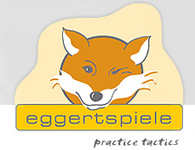
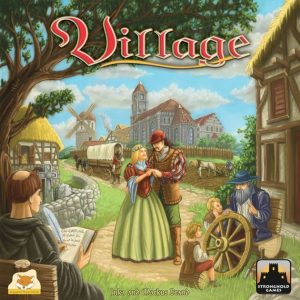
Life in the village is hard – but life here also allows the inhabitants to grow and prosper as they please. One villager might want to become a friar. Another might feel ambitious and strive for a career in public office. A third one might want to seek his luck in distant lands.
Each player will take the reins of a family and have them find fame and glory in many different ways. There is one thing you must not forget, however: Time will not stop for anyone and with time people will vanish. Those who will find themselves immortalized in the village chronicles will bring honor to their family and be one step closer to victory.
Village is a game full of tactical challenges. A smart and unique new action mechanism is responsible for keeping turns short and yet still tactically rich and full of difficult decisions. Also unique is the way this game deals with the delicate subject of death; as a natural and perpetual part of life in the village, thoughts of death will keep you focused on smart time-management.
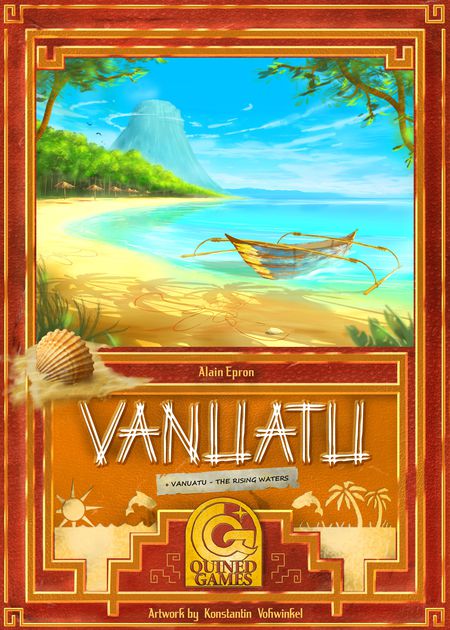
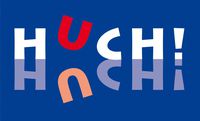
In Vanuatu, you are a Vanuatuan who wants to prosper during the eight turns of the game. In order to prosper, you have to manage with natural resources, rare items, vatus (local currency) and tourists. To earn money or prosperity points, you may also draw on the sand*, carry tourists all over Vanuatu islands, or trade cargo with foreign countries.
On each turn, the archipelago expands and you have to program your actions with five tokens. You put one or more of them on the chosen action spaces, and on your turn, you will only be able to play an action if you have the majority on its space. Thus, sometimes have to wait for other players to remove their tokens by playing their actions. If you are not in majority anywhere, you have to remove all of your tokens from an action and give up hope of playing this action. A good strategy lets you block other players; for example, they won’t be able to sell fishes if they haven’t caught them first – order matters!
Islands and sea resources are rare, so be quick and take them first! There is no such thing as a rich Vanuatuan. When you reach ten vatus, they automatically transform into 5 prosperity points and again, you are poor. Life is hard, but you may encounter ten men to help you; on each turn you choose one of them to increase your benefits from an action. As always, being the first player lets you choose before the others.
In short Vanuatu is a strategy game of programming and majorities that features development, blocking, and a lot of interaction between players.


At its heart, Airlines Europe is a stock game, with players earning points for the stock they hold in particular airline companies when one of the randomly determined scorings takes place. On a player’s turn, that player either expands an airline and claims a stock, plays stock onto the board and receives dividend, invests in a special airline called Air ABACUS or gets a certain amount of money from the bank. A player scores only for stock in play, but the value of an airline is determined by the value of the route licenses that airline owns – thus, you’re torn in terms of what to play when.
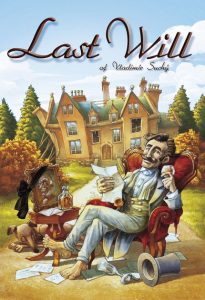

In his last will, your rich uncle stated that all of his millions will go to the nephew who can enjoy money the most. How to find out which nephew should be rich? You will each be given a large amount of money and whoever can spend it first will be the rightful heir. Visit the most exclusive theatres or eat in the most expensive restaurants. Buy old properties for the price of new ones and sell them as ruins. Host a huge party in your mansion or on your private boat. Spend like your life would depend on it. Spend to become rich! If you’re the first to run through the money on hand, you’ll receive the rest of his inheritance – oh, and win the game.
In Last Will, each player starts with a certain amount of money, an individual player board, two errand boys and two cards in some combination of properties and helpers. At the start of each round, lay out cards from the appropriate decks on the offering boards; the four regular decks are properties, companions, events, helpers and expenses, with special cards forming a deck of their own. The particular mix of cards varies by round and by the number of players.
With many thanks to boardgamegeek.
